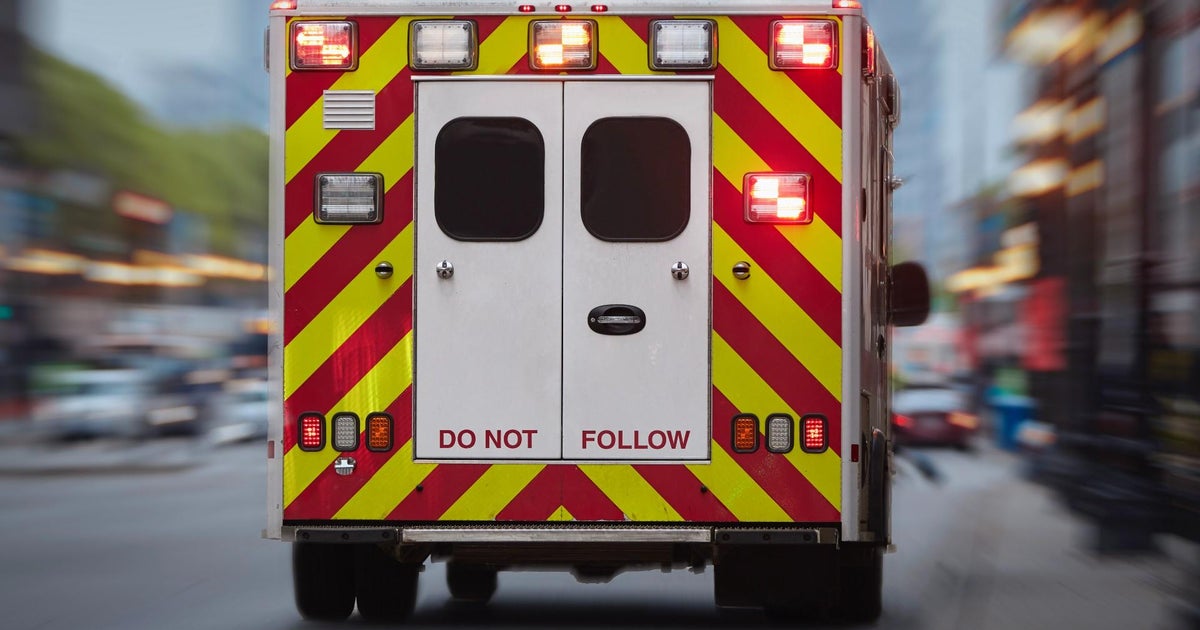Ebola Victim's Family Brought To Chicago, Speak Out Over His Treatment
(CBS) --The mother and nephew of Ebola victim Thomas Eric Duncan have been brought to Chicago by the Reverend Jesse Jackson, who is advising them.
They are speaking out, and they are angry.
"He's like my brother, my uncle, my best friend and to snatch all that from me, I'm a little upset," Josephus Weeks said Saturday, following an appearance at Rainbow/PUSH.
Weeks and Duncan's mother, Nowai Korkoyah, both said they do not believe Duncan was treated as a human, much less given the treatment afforded to the infected health care workers flown from Africa to Atlanta.
"If he did what (some say) he did in Africa by helping a pregnant woman, that's humanity," Weeks said. "He risked his life. That's honorable to me."
The 19-year-old woman died several weeks after Duncan may have helped her, although it is unclear if he actually did so.
"They did not treat him the way they are supposed to treat Ebola," Korkoyah said in broken English during the Rainbow-PUSH meeting.
Both said they want answers from Presbyterian Hospital in Dallas and its owner, Texas Health. Rev. Jackson raises the possibility of a malpractice suit.
"It's difficult to miss, if you follow the protocols," Jackson said. "From West Africa, where the disease is running rampant. Signs include high fever. His temperature was 103, and he had been vomiting and perspiring."
Podcast
Jackson said those were textbook signs of Ebola and said the case demanded "immediate treatment, hydration, isolation and it also deserves a quick and secure care."
Duncan first exhibited signs of Ebola several days after arriving in the U.S. from Liberia, and first visited the Presbyterian emergency room Sept. 25. He was sent home with Tylenol and prescription antibiotics. When he returned two days later, he was already in the grip of the disease, and medical records since obtained by Duncan's family show a rapid decline. He could not be treated by a blood transfusion, as some other patients have successfully, because his blood type was not a match.
Jackson said production of newly-developed drugs that could help combat the virus, once diagnosed, should be stepped up immediately. He said the U.S. could take a cue from Nigeria, which has largely escaped the Ebola outbreak, and has sent health care teams to the homes of those suspected of contracting the disease instead of allowing them to come to hospital emergency rooms.
"An amazing thing -- we could learn something from Africa," Jackson said.
Illinois Dept. of Public Health Director Dr. LaMar Hasbrouck said it is an option the state could consider, if any suspected cases appear. Hasbrouck said his department has been working with local health departments and key hospitals for weeks to assure that all know protocol and treatment options.



